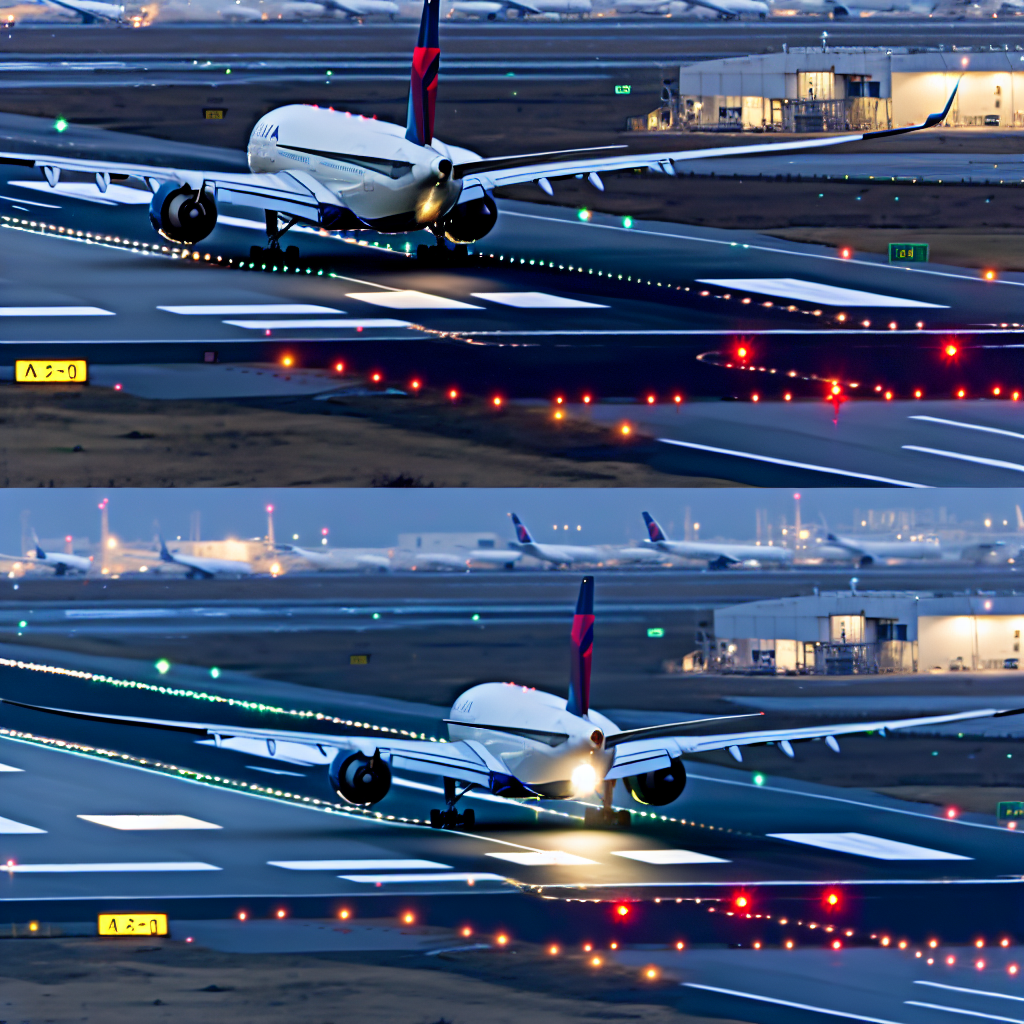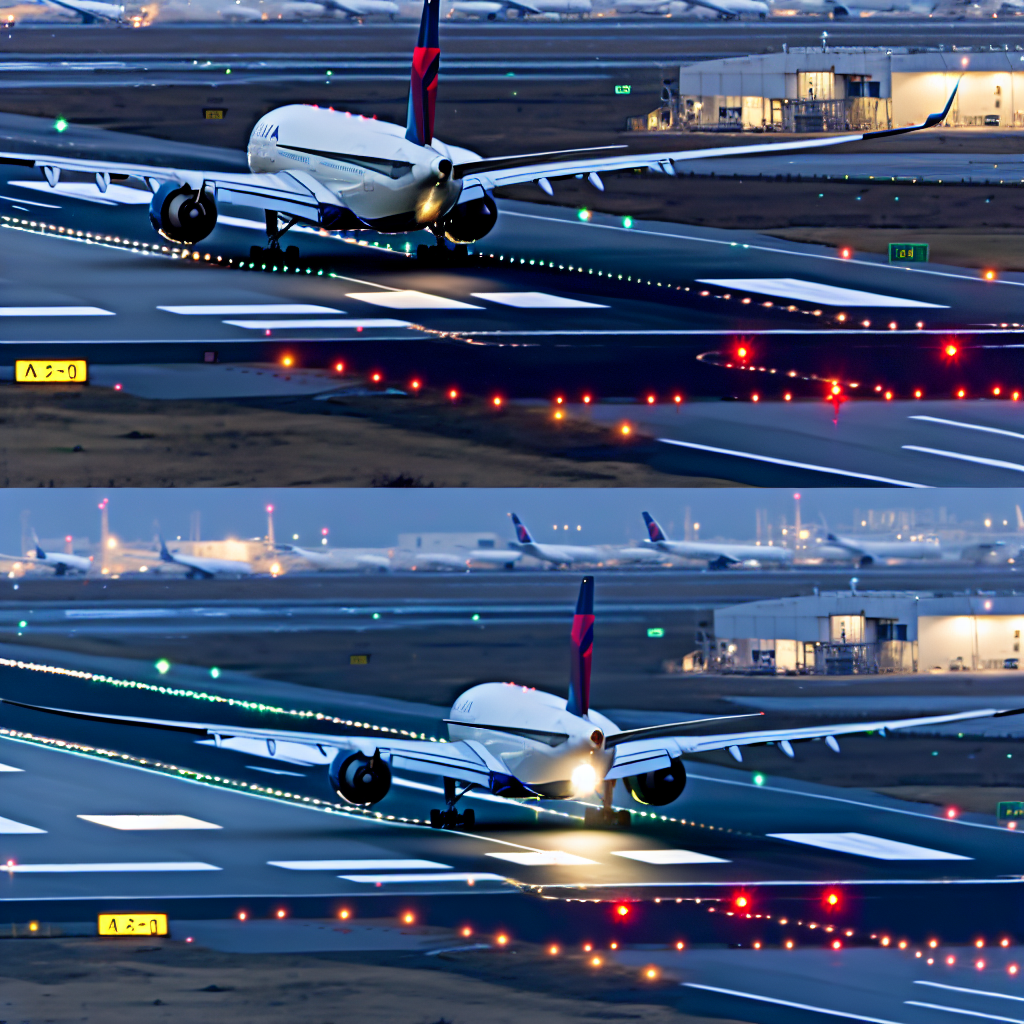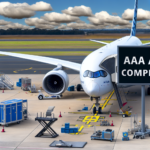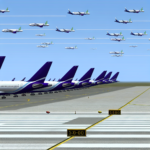TOKYO— A Delta Air Lines (DL) flight scheduled to depart from Tokyo Haneda Airport (HND) to Minneapolis–Saint Paul (MSP) was unexpectedly terminated due to a hydraulic malfunction that halted the takeoff on June 29, 2025. The flight, DL120, was eventually canceled due to weight limitations despite initial maintenance attempts.
Passengers were quickly rebooked and provided with hotel stays, meal vouchers, and an $800 e-credit, showcasing Delta’s effective service recovery efforts.

Delta Flight Abort Takeoff
Flight DL120 was initially set to operate from Tokyo Haneda Airport (HND) to Minneapolis–Saint Paul International Airport (MSP), with passengers planning to connect to multiple U.S. destinations, including Boston Logan (BOS).
Once the aircraft had boarded and was taxiing, the engines were revved for takeoff before the pilots hastily aborted due to a hydraulic system issue.
The flight was to be flown by an 8.1-year-old Airbus A350-900, with the tail number N501DN.
The aircraft was then repositioned to a hardstand for mechanics to conduct inspections and repairs. Despite the reported resolution of the mechanical problem, a secondary issue related to weight restrictions emerged.
This prompted the flight crew to consult Delta’s headquarters regarding the potential offloading of cargo or passengers. After extended discussions, the flight was ultimately canceled.
The following day, June 30, 2025, the airline dispatched a ferry flight DL9960 from Tokyo to Los Angeles (LAX).
Prior to this incident, Delta had also canceled a flight from Los Angeles to Paris that was due to be operated by the same aircraft (N501DN).
Passenger Support
In response to the cancellation, Delta Air Lines implemented a timely recovery protocol. Affected travelers were assisted directly after deplaning, receiving clear guidance, meal and hotel vouchers, and information regarding reimbursement processes.
One traveler was rebooked on an alternative itinerary via DL flights from Haneda (HND) to Los Angeles (LAX), and subsequently to Boston (BOS).
Checked baggage was efficiently rerouted and made available without delay. Delta facilitated flexible hotel arrangements, assisting with expenses up to JPY30,000 for accommodations and JPY5,000 for meals and transportation. Passengers could either choose Delta’s designated hotel or select an independent option.
Furthermore, Delta expedited compensation, with passengers who provided meal and lodging receipts receiving reimbursements before arriving at their new destinations.
In one notable instance, Delta automatically issued an $800 e-credit for the inconvenience, without needing a formal claim. One traveler was even granted a Delta One upgrade on the LAX–BOS leg of the journey due to their elite status and available upgrades.
ALSO READ: Boeing 747 Aborts Takeoff at High Speed, All 16 Tires Deflated
Similar Incident
A United Airlines (UA) Boeing 767-300 operating Flight UA12 from Zurich Airport (ZRH) to Chicago O’Hare (ORD) had to abort takeoff at high speed on June 24, 2025.
The aircraft, which was carrying 142 passengers, stopped on Runway 16 after the crew executed a rejected takeoff at approximately 145 knots. Emergency services responded quickly and all passengers were evacuated safely, with no injuries reported.
United Airlines Flight UA12, a transatlantic service set to leave Zurich (ZRH) at 09:50 local time, was operated using a Boeing 767-300 (registration N684UA). The flight was heading to Chicago O’Hare International Airport (ORD) when the crew conducted a high-speed rejected takeoff while moving down Runway 16.
At around 145 knots—beyond the standard V1 decision speed—the crew initiated the reject. The aircraft came to a stop just beyond the intersection with Runway 28, resulting in several main landing gear tires deflating due to the abrupt braking.
Passengers were evacuated via mobile stairs directly on the runway, and emergency responders secured the scene, causing a temporary closure of the runway at Zurich Airport.
Initial communications from the control tower indicated that the pilots initially thought they could clear the runway and perform necessary checks; however, they were instructed to remain stationary due to ongoing emergency services.
Technical Cause Under Investigation
According to United Airlines, a “technical issue” led to the rejected takeoff, though the specific nature of the fault has yet to be detailed. Maintenance teams were dispatched, and the aircraft was eventually towed to a remote stand after approximately four hours of being immobilized.
This led to minor operational disruptions at Zurich Airport (ZRH), but flights continued via alternate runways, minimizing impact on overall airport traffic.
A representative from United Airlines indicated that affected passengers were rebooked on alternate flights, with customer care teams providing support at the airport.
Stay informed with us for ongoing updates and follow us on social media.
Join us on Telegram Group for the latest aviation news. Additionally, follow us on Google News.
Based on an article from aviationa2z.com: https://aviationa2z.com/index.php/2025/07/02/delta-a350-pilots-abort-takeoff-at-tokyo/?utm_source=rss&utm_medium=rss&utm_campaign=delta-a350-pilots-abort-takeoff-at-tokyo



